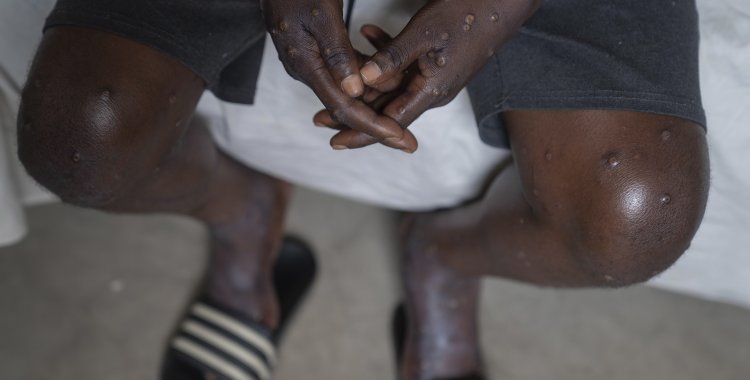Given the increasing trend of the disease’s spread, even outside the African continent, the AU’s public health agency has announced a new continental plan, which still requires about $224 million.
“The new plan focuses on scaling up the current response, but also seeks to integrate some interventions into the existing system,” epidemiologist Ngashi Ngongo, head of the Executive Office of the Africa Centres for Disease Control and Prevention (Africa CDC), said at a press conference, detailing that they intend to further decentralise laboratory capacity, strengthen epidemiological surveillance and digitalise the response.
The Africa CDC estimates the cost of the new plan to strengthen the continental response to the disease at more than $429 million, but Ngongo noted that $224 million of that amount is short.
The Democratic Republic of the Congo (DRCongo), a neighbouring nation of Angola, remains the epicentre of the outbreak, with 85,462 cases (16,896 laboratory-confirmed), including 1,675 deaths, since 2024, according to the agency's latest data.
For the Africa CDC, the biggest challenge in combating the epidemic is the lack of resources, both in terms of funding and vaccines.
Eight countries have already received vaccines against mpox and six of them are already immunising their populations.
The AU health agency declared mpox a public health emergency of continental security on 13 August 2024 and, the following day, the World Health Organisation (WHO) announced an international health alert for the disease, a measure that the WHO also decided to extend.
Mpox is an infectious disease that can cause a painful rash, swollen lymph nodes, fever, headaches, muscle aches, back pain, and lack of energy.







